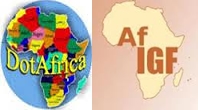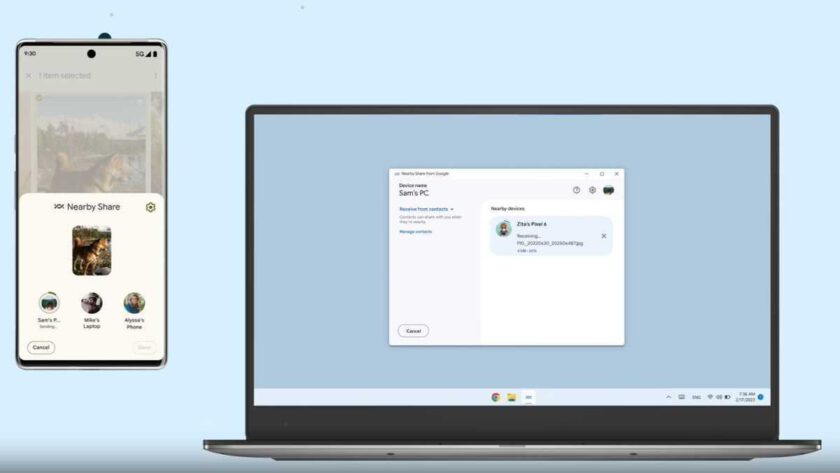The 2nd African Internet Governance Forum (AfIGF) successfully concluded. The conference was held from 24-26 September 2013 at the Multimedia University, Nairobi Kenya.
The AfIGF conference was organized by the United Nations Economic Commission for Africa (UNECA) and the IGF Secretariat in cooperation with the Kenyan government among other stakeholders.
DCA Registry Services Kenya delegates also attended the conference and contributed to important discussions and pertinent proceedings. In his opening address that was communicated via a recorded video message, Fade Chehade, ICANN’s President & CEO noted that the African IGF is an important forum to discuss the issues that affect the world through the common resource called the Internet. He continued that the Internet has brought so much peace and prosperity to the world. In his speech, Mr. Chehade also reiterated ICANN’s strong and continuing commitment to Africa.
H.E. Dr. Fred Matiangi, the Kenyan Cabinet Secretary for Information, Communication and Technology was represented by Ambassador Bruce Mandete, who delivered an official speech on behalf of the Government of the Republic of Kenya. In the key note address, Ambassador Mandete thanked the delegates for their support and attendance noting that Kenya is hosting the African IGF not so long after hosting with great success the 5th Internet Governance Forum (IGF) in 2011, which had the highest number of participants in the history of the IGF.
The Minister’s speech also highlighted the emergence of the Internet that has triggered innovations like social media as a channel for communication, instant messaging among other applications that have completely changed the life style of many. He announced that Kenya was in the course of establishing a Public Key Infrastructure and storage to fully prepare the country to fight cyber crime. This comes in the wake of increasing cyber crime incidents and other cyber-security challenges.
In his Welcome Statement, Dr. Kasirim Nwuke of the UNECA noted that IGF is designed to create awareness adding that cyber crime must be tackled in Africa.
The conference delegates had the opportunity to deliberate upon various topics such as the Openness: human rights, freedom of expression and free flow of information on the Internet which is seen as an important facet of the increased accessibility to the internet via mobile devices.
Access and Diversity was discussed among the critical tool of focus on Internet as an engine for growth and sustainable development. It was noted that Africa still has to increase equal access to low-cost wireless broadband to the rural areas; this includes utilizing TV white spaces spectrum which is increasingly being studied as the best available option by major technology firms like Microsoft.
Online Security was another major topic discussed by the delegates along with legal and other frameworks on Spam, Hacking and Cyber-crime. It was noted that Africa needs to improve the Computer Emergency Response Team (CERTs) within the regions as well as individual countries to mitigate threats from within and without.
DotConnectAfrica Trust delegates noted the need to increase the focus on the youths in order to improve their understanding and involvement in Internet governance issues. ‘By involving the university students during their early years of study, Internet governance and other important ICT trends will be inculcated into the ‘awareness’ of the students whilst pursuing their future professional careers.
Along the sidelines of the AfIGF conference, DCA also had an opportunity to clarify the current status of its. Africa new gTLD application which is currently under a multi-stage accountability process review at ICANN, and believes that after the entire accountability process is completed, its .Africa application would be reinstated back into the new gTLD program.
Internet governance is a complex and multifaceted discipline that must be properly and carefully managed in the multi-stakeholder bottom-up process. This will be effectively managed by ensuring that all the stakeholders properly understand their responsibilities and various roles in the global Internet Governance arena. Adapted from CircleID




